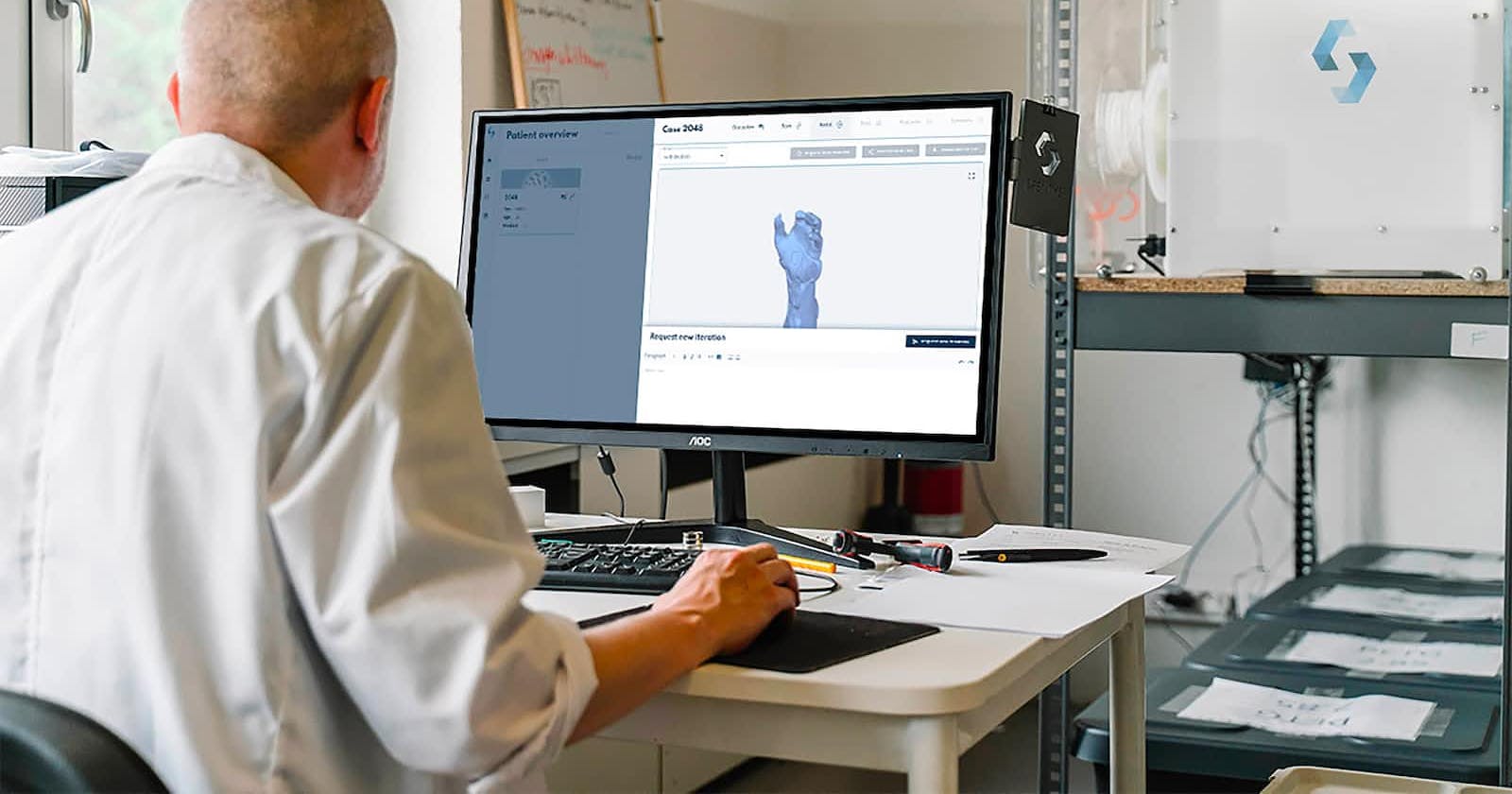Unleashing the Power of Machine Learning in Healthcare. By Dr. Derek Joseph, Machine Learning Expert
In the realm of healthcare, the adoption of machine learning has been nothing short of revolutionary. This transformative technology is changing the way we diagnose, treat, and prevent diseases, ultimately improving patient outcomes and healthcare efficiency.
Machine learning algorithms are capable of processing vast amounts of medical data, from patient records and diagnostic images to genetic information. Here are a few remarkable ways in which machine learning is making a significant impact in the healthcare sector:
1. Early Disease Detection:
Machine learning models can analyze patient data and identify early signs of diseases such as cancer, diabetes, and heart conditions. By detecting these conditions at an early stage, we can initiate treatment promptly, often preventing further complications.
2. Personalized Treatment Plans:
Machine learning takes patient care to a new level by tailoring treatment plans to individual patients. It considers a patient's genetic makeup, medical history, and response to previous treatments to optimize the care they receive.
3. Drug Discovery and Development:
Pharmaceutical companies are using machine learning to accelerate drug discovery. ML algorithms can predict the effectiveness of potential drug compounds, leading to faster and more cost-effective drug development processes.
4. Predictive Analytics:
Hospitals are employing machine learning to predict patient admissions, optimize resource allocation, and reduce wait times. This not only enhances patient care but also helps healthcare facilities operate more efficiently.
5. Telemedicine and Remote Monitoring:
Machine learning technologies enable remote patient monitoring, allowing doctors to keep track of patients' health conditions from a distance. This is especially crucial in times like the COVID-19 pandemic, when minimizing in-person interactions is essential.
6. Natural Language Processing (NLP):
NLP models assist in analyzing unstructured medical text data. They can extract valuable insights from clinical notes, research papers, and patient feedback, aiding in medical research and decision-making.
While the potential of machine learning in healthcare is vast, it's not without challenges. Data privacy, ethical considerations, and model interpretability are crucial aspects that demand careful attention.
In conclusion, machine learning is reshaping the healthcare landscape, offering new possibilities for diagnosis, treatment, and patient care. The integration of this technology is vital for healthcare professionals, researchers, and policymakers to unlock its full potential while ensuring the ethical and responsible use of data.
The future of healthcare is increasingly intertwined with machine learning, and as a machine learning expert, I believe that its continued development will lead to groundbreaking advancements, saving lives and improving healthcare for everyone.
Dr. Derek Joseph is a leading expert in machine learning and its applications in healthcare. He has contributed to numerous research projects and has a passion for harnessing AI to enhance patient care.
---
Derek

